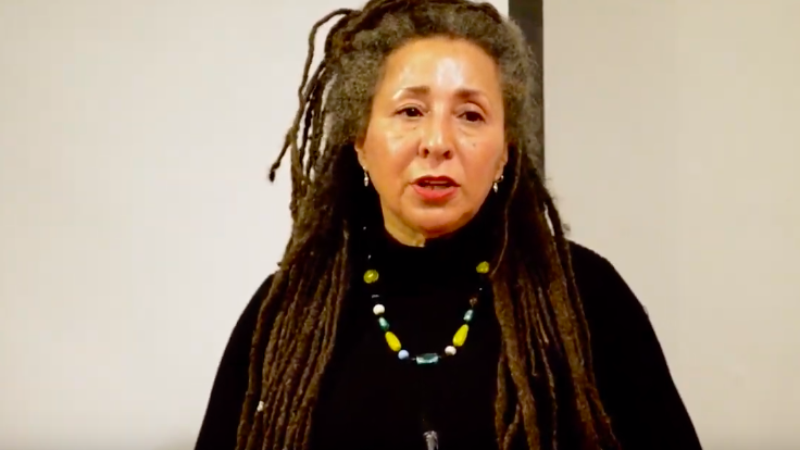
Jackie Walker’s disciplinary hearing begins today. Over two days, a panel of three members from Labour’s national constitutional committee (NCC) will review the evidence and decide whether the Labour activist and former Momentum vice-chair should be expelled from the party. The outcome of this high-profile case is likely to be seen as a serious test of Labour’s processes, which have been reformed under new general secretary Jennie Formby.
After Labour conference, the NCC was more than doubled in size – from 11 to 25 members – with six candidates from the (eventually joint) left slate and seven from the trade union division elected to the top body. NCC panels always consist of three people taken from its membership pool, so the purpose of the expansion was to allow hearings to take place more regularly. This is the only NCC-specific difference so far: other changes being considered – such as scrapping the outdated way that NCC members (who are lay people) are responsible for administrative functions, instead giving such responsibilities to staffers – have not yet been implemented.
Nonetheless, those urging Walker’s expulsion will undoubtedly see the result of this hearing as a test and a deal-breaker. Insufficient disciplinary action against her would be “the final straw” for many concerned about Labour’s handling of antisemitism, as one person in that camp put it. LabourList understands that the three members on the Walker panel are NCC chair and Unite activist Anna Dyer; Russell Cartwright, who was accused of bias during Ken Livingstone’s NCC hearing; and the CWU’s Alan Tate. Their judgment will come under heavy scrutiny.
It’s worth remembering that Labour is under significant pressure not only from MPs, the media and affiliated groups such as the Jewish Labour Movement, but also individuals and organisations supportive of Walker. She has now been suspended from the party for two years, and has spent this time leading the Labour Against the Witchhunt campaign. A documentary was made about her (which Chris Williamson wanted to screen in parliament) and she isn’t alone in claiming that accusations against her are a “lynching” led by the “Zionist Jewish Labour Movement and their supporters”. There are also staffers who privately agree that the rules are generally unfair – on the accused, who have no right of appeal after the NCC and no help with legal costs.
Still, Labour has brought this case against Walker. LabourList understands that the process by which cases are heard basically means that the NCC is the court, the party is the prosecution and the accused is the defendant. Both the prosecution and the defendant can call witnesses (and are doing so this week). If Walker is not expelled, it’s a bit like Labour has lost the case.
To those who call on Jeremy Corbyn to personally take it upon himself to expel members, a Labour source says: “Calling on the party to expel any individual is a red herring. The only body with the power to expel is the national constitutional committee, a quasi-judicial body which is entirely independent of the party and the party leadership. The party prosecutes cases against individuals and pushes for cases to be heard as quickly as possible. But the decision is always in the NCC’s hands.”
The result of the hearing is expected on Wednesday, possibly Thursday if the NCC panel needs more time. Following the acrimony between Formby and MPs at a recent PLP meeting and many reports concerning the interventions made by compliance unit chief Thomas Gardiner, there is widespread feeling that the process has become personalised and possibly irredeemable. Whatever the final call, there is going to be a lot of anger, with both sides ready to accuse Labour of bias and decide that the system is unjust.




More from LabourList
‘If Labour is serious about upskilling Britain, it must mobilise local businesses’
Stella Tsantekidou column: ‘What are we to make of the Labour Together scandal?’
‘Unitarisation risks weakening local democracy unless communities are put in the driving seat’